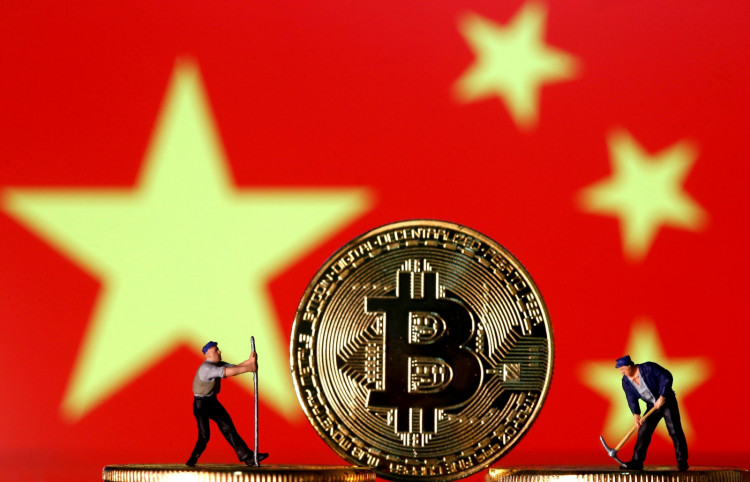More than 1,000 people have been arrested in China on money laundering charges, with authorities alleging they used cryptocurrencies to help them evade the law.
According to a statement released by the Ministry of Public Security on its official WeChat account this week, this is the fifth wave of a nationwide crackdown on money-laundering activities related to telecom fraud in China, called "Operation Card Breaking."
The most recent batch of arrests focused on persons who were allegedly using cryptocurrencies to aid money laundering. According to the Ministry of Public Security, Chinese authorities have arrested 1,100 people and dismantled 170 criminal groups.
The launderers charged clients commissions to convert unlawful proceeds into virtual currencies via cryptocurrency exchanges, according to the ministry, which did not specify how much money was involved.
China outlawed cryptocurrency trading in 2019 and is tightening regulations on bitcoin mining. In April, Inner Mongolia's northern region shut down all of its cryptocurrency mining, stating that they had failed to satisfy yearly energy consumption targets.
The region provided 8% of the computer power required to run the global blockchain, which is a collection of online ledgers that records bitcoin transactions. That is more computer power committed to blockchain in the U.S. as a whole.
The northwestern province of Qinghai earlier imposed a similar ban on cryptocurrency mining, but no information about the extent of the activities in the region is known.
Bitcoin's value fell in May as a result of Beijing's warning to investors against speculative cryptocurrency trading.
China is enforcing a broad regulatory crackdown on the financial technology sector, with the country's biggest businesses facing huge fines after being found guilty of monopolistic behavior.
China police detained executives from two of the top cryptocurrency exchanges that provide services to Chinese investors last year to assist with undisclosed investigations.
Star Xu, the founder of OKEx, and Jiawei Zhu, the chief operating officer of Huobi, were arrested by police for their allegedly money-laundering-related over-the-counter trading services. Dong Zhao, one of the most prominent Chinese OTC traders, was also taken into custody by police late last year.





